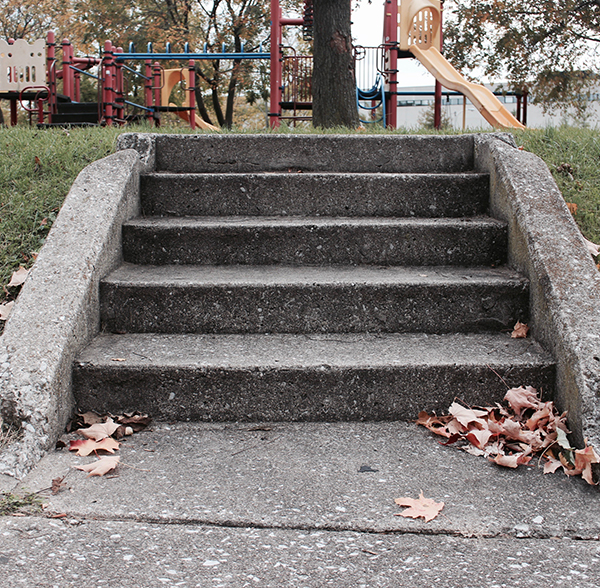The East End covers 387 acres and 55 blocks of Lexington’s historic downtown core. This region, stretching from Elm Tree Lane to Winchester Road, was once home to one of Lexington’s oldest horse tracks, The Association. Once the racetrack left in the early 20th century, generations of minorities from Lithuanians to African-Americans were left to build their own neighborhood around the vacant lot. In conjunction with the influx of African-Americans, the largest housing complex in the state, with 963 units, was built in place of the race track and from the ashes of the past rose the East End.
This neighborhood, which thrived from the 1930’s to 1970’s, shined with entrepreneurship, sustainability, and community engagement. The East End housed some of the state’s first legally-licensed African American doctors, as well as notable school teachers, politicians, and musicians. It was home to Dr. Ziri Palmer, Lexington’s first African-American pharmacist, and Isaac Murphy, the first African-American to win the Kentucky Derby. Les McCann, a legendary jazz pianist, was born and raised on Chestnut Street and just a block away sit the homes of the Wilgus family, a rich and powerful mercantile family that built some of the East End’s most prominent and defining architecture. It is because of all of this and more that the East End has and will always be, historically, one of Kentucky’s most prominent African American communities.
Following 40 years of sustainability, the East End began to crumble after desegregation swept through Lexington. Constitution School closed and students were forced to attend desegregated schools outside of the East End area. Teachers, businesses, and families moved out of the area. Slumlords moved in. The streets became barren and derelict. Desegregation and the resulting economic collapse led to an uptick in crime, gang activity, and drug trafficking. More than 50% of the residents moved out from 1960-1980. All of this developed into a neglect and apathy for a community that was once the cornerstone of sustainable African-American microeconomics in Lexington.
Community Ventures, with the help of JP Morgan Chase and NeighborWorks America, is setting out to help brighten the futures of East End residents and to help expose the rich and vibrant history that has been masked by the facade of the modern ghetto. From homeownership to business lending, Community Ventures is focused on providing unique and sustainable opportunities for the community in that area. History is the key to this neighborhood’s heart and CV wants the world to know it.
The East End has a current homeownership rate of 50% with a vacancy rate of 20%. Deweese Street, the former African-American owned business corridor has depreciated and
shrunken to a third of its original size. By anthropologist’s standards, the East End is a food desert with no access to sustainable, fresh produce in a two-mile radius. We want that to change. CV is working to embrace the spirit of entrepreneurship and self-sustainability that the East End was once known for and provide opportunities for individuals in the neighborhood. CV will help to brighten the future of the East End by embracing its past.
| Photo | Title |
 |

